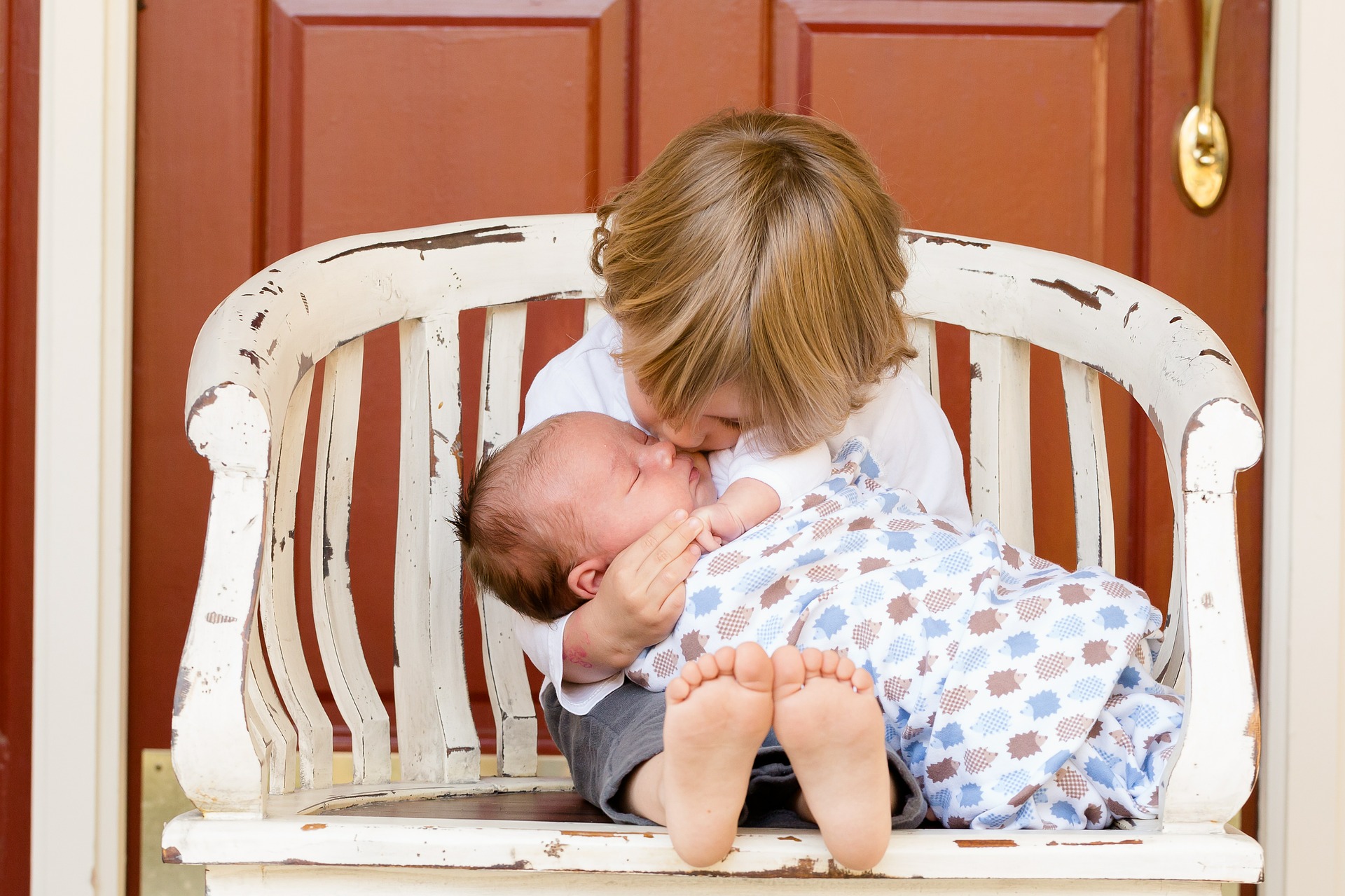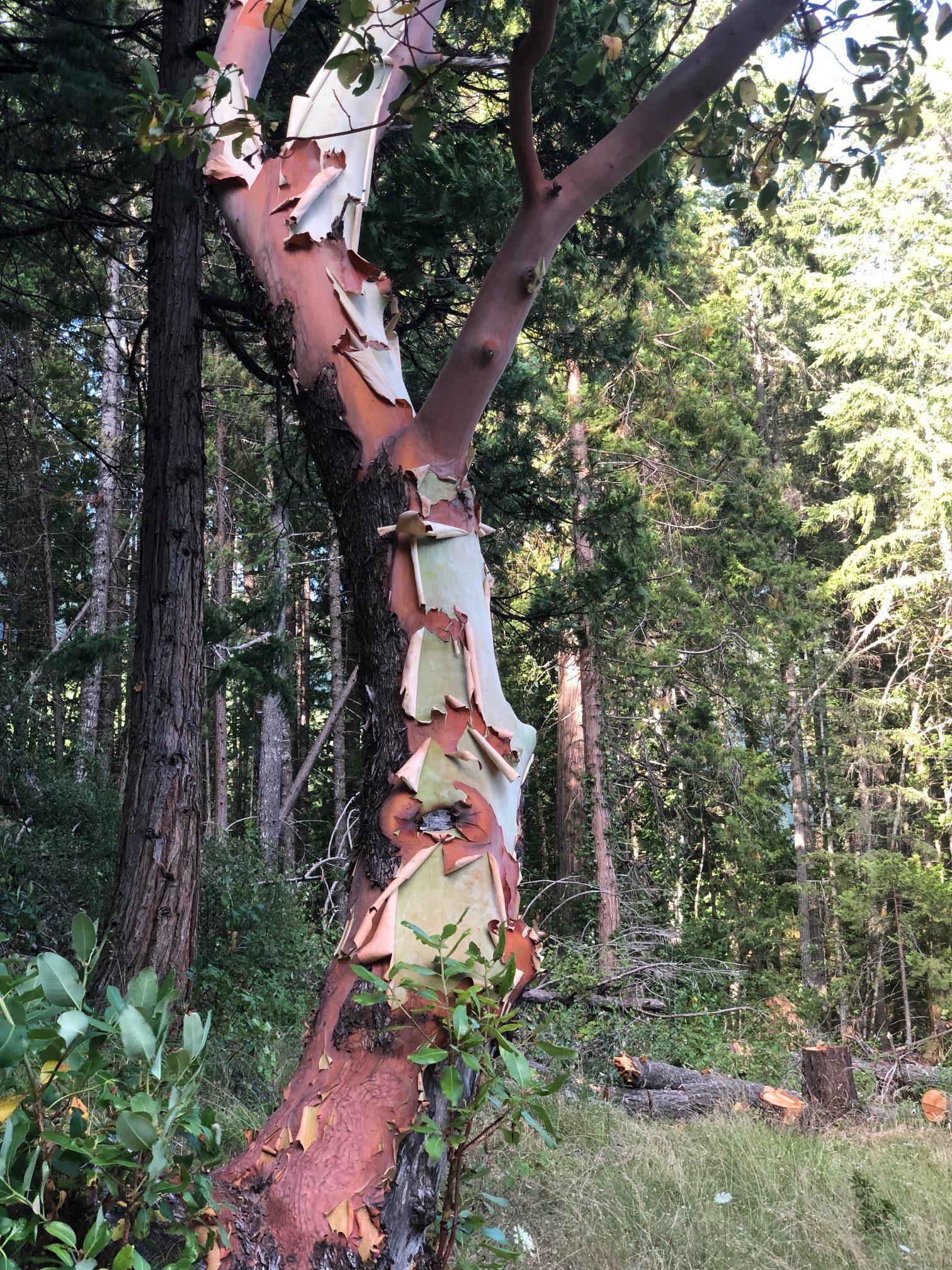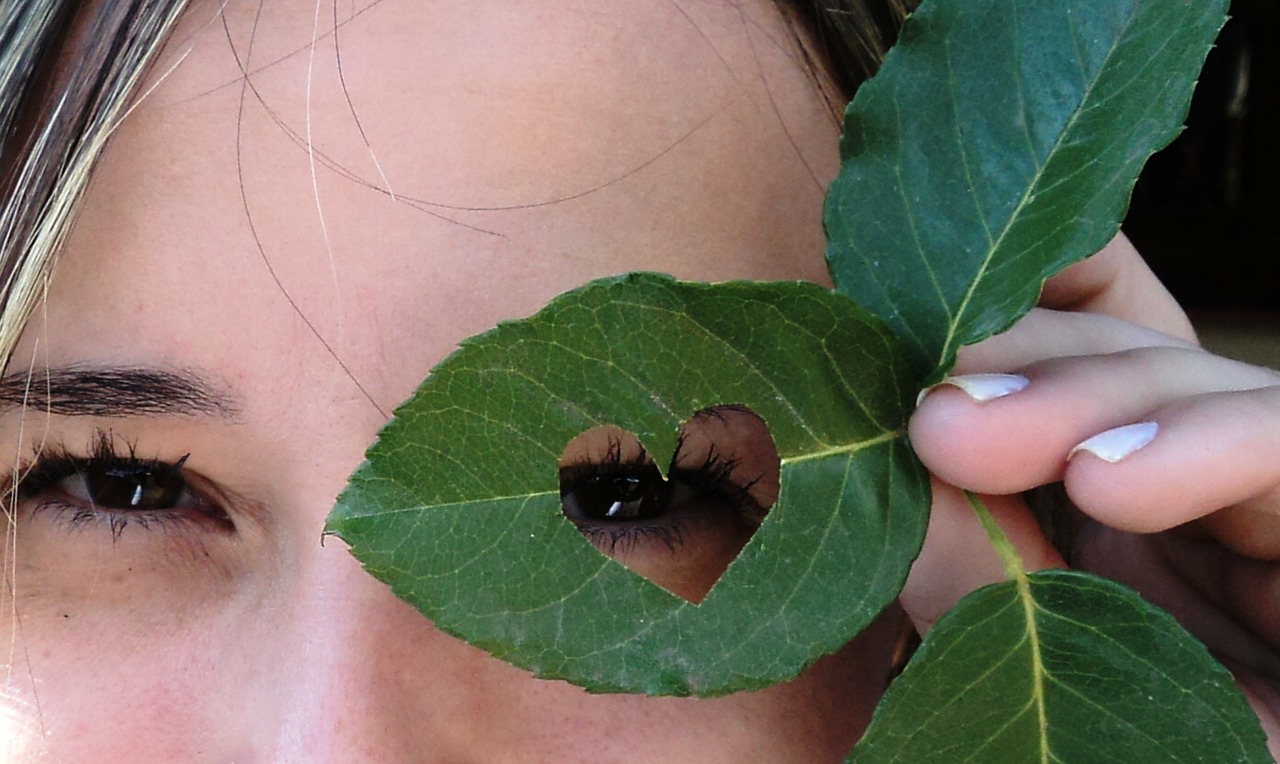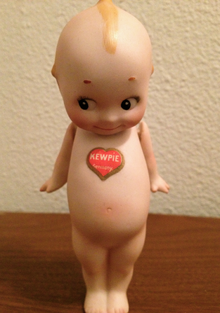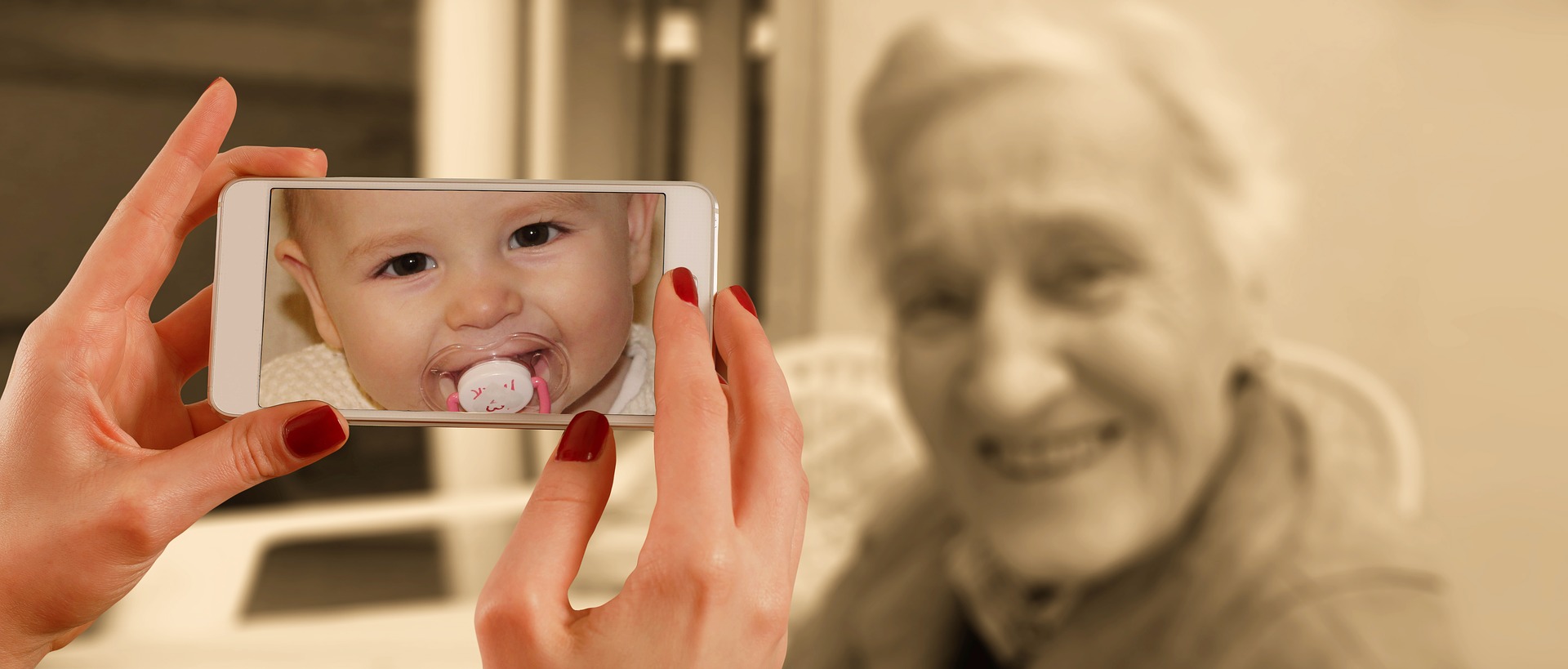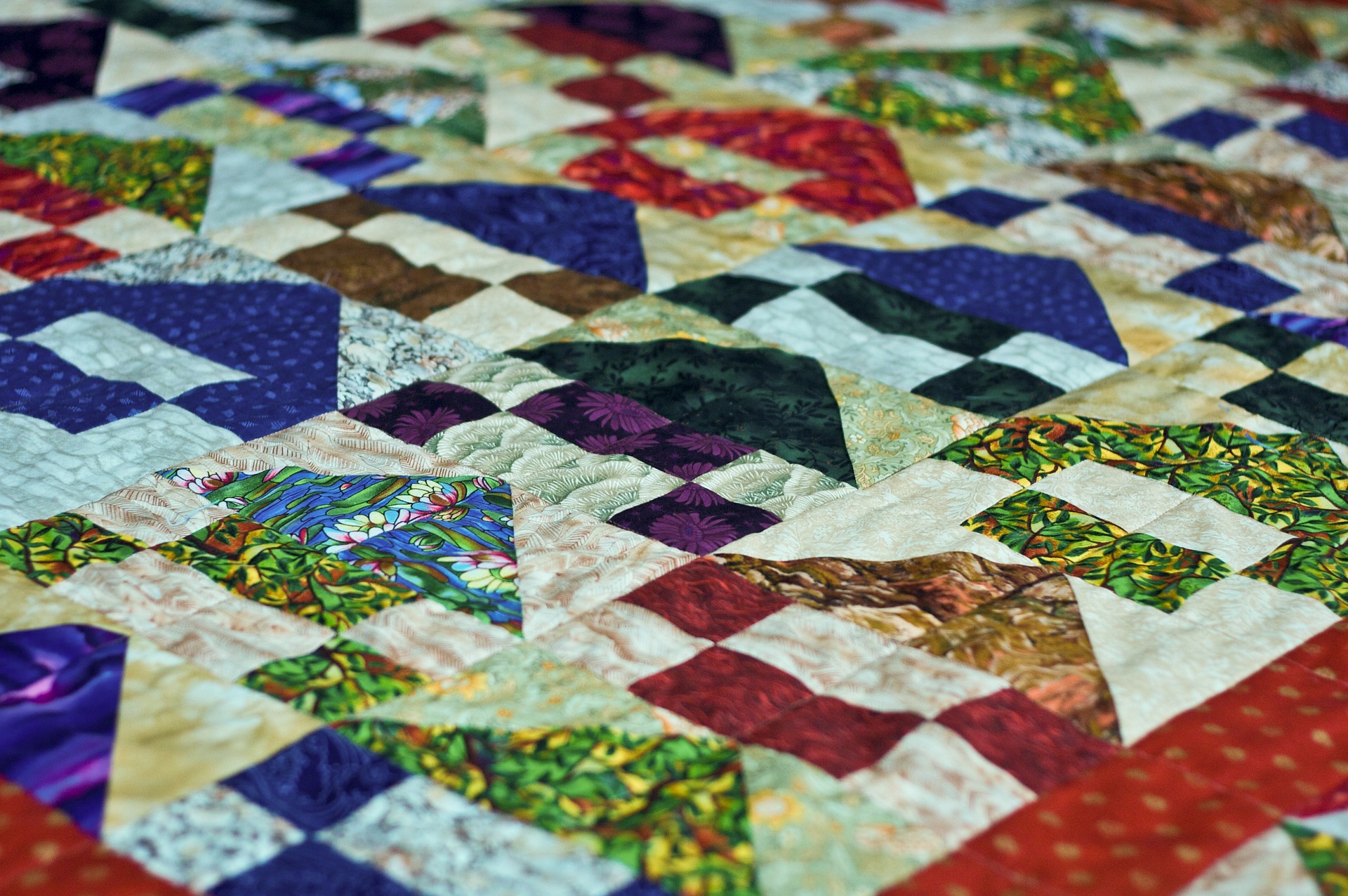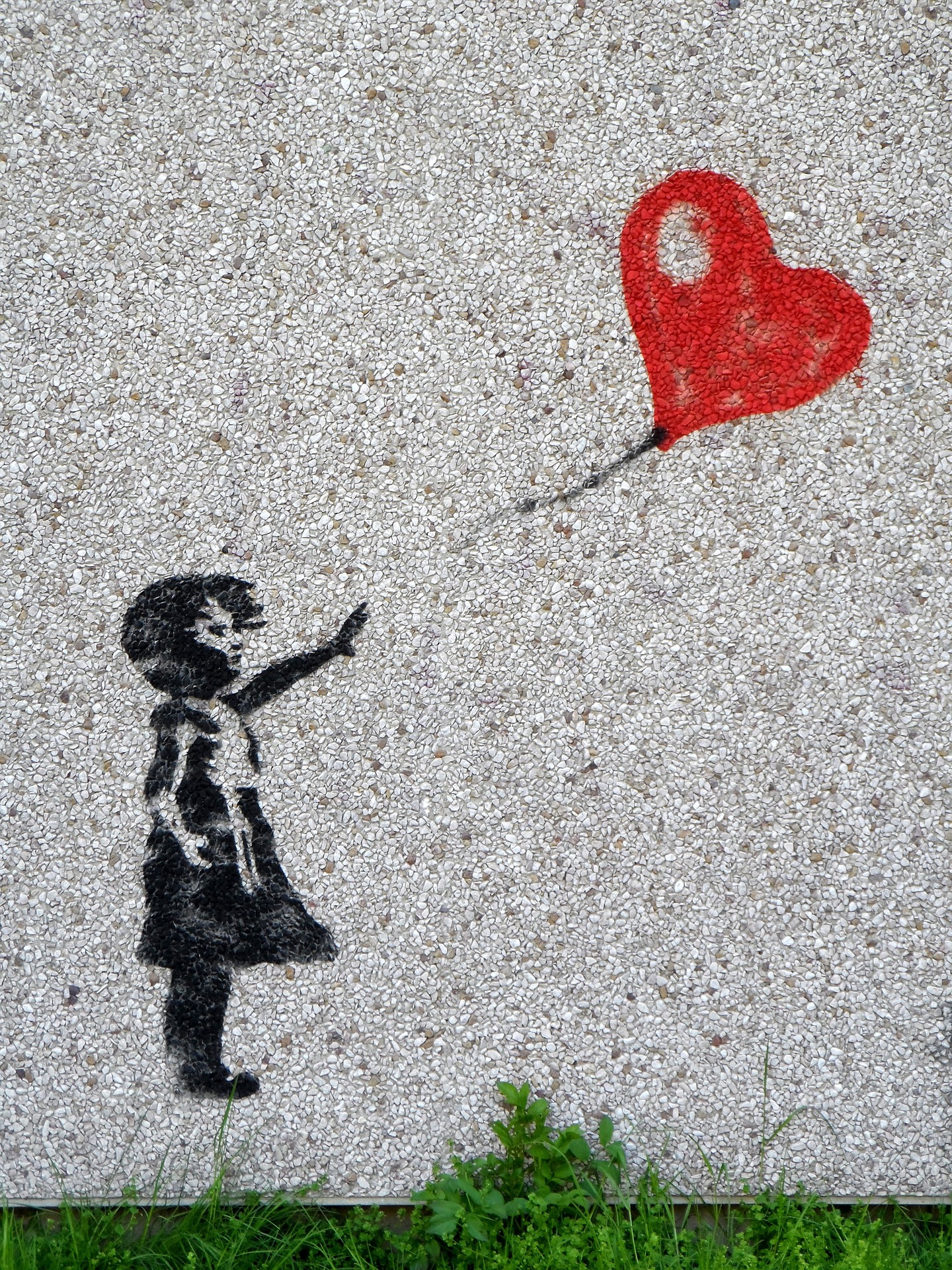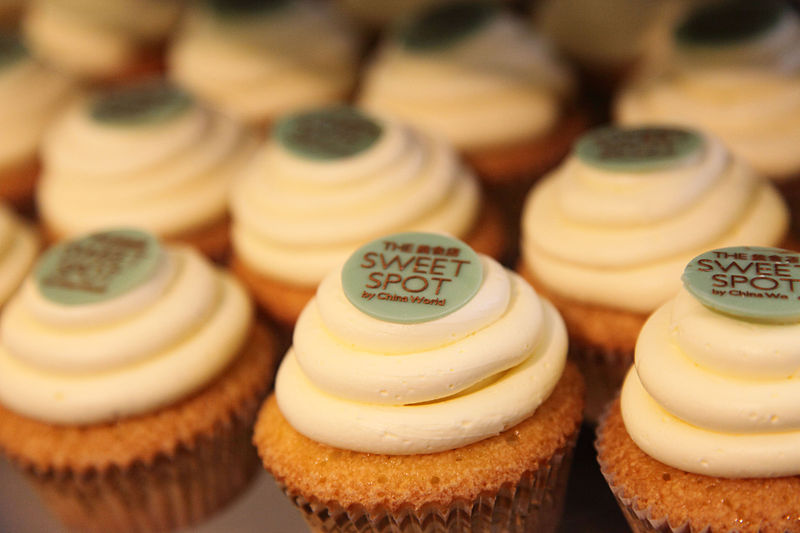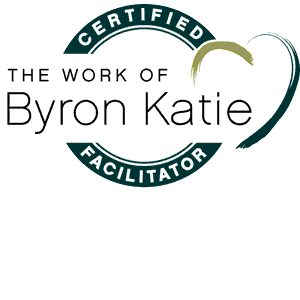Hello and Happy Epiphany!
Last night I Zoomed with five high school friends who’re exactly my age, having graduated in the same year. Some of them I’ve known since I was ten. All had successful careers, now mostly behind them or replaced by community, church, and family service. All of us have 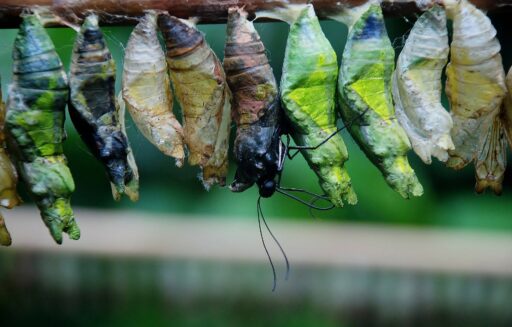 been lucky, hard-working, and clever enough to be financially stable in retirement. Most, but not all, are well-traveled. Most, but not all, are doting Zoom grandparents. All, not most, are thankful each day for our lives and health.
been lucky, hard-working, and clever enough to be financially stable in retirement. Most, but not all, are well-traveled. Most, but not all, are doting Zoom grandparents. All, not most, are thankful each day for our lives and health.
The check-in began with our hit parade of insights and fears about the pandemic and politics, richly interwoven with memories of our shared youth. Then there was a noticeable pause. And it was Vicki who confessed first. I’m so content with this quiet life. I don’t want to go anywhere, change anything. I’m just peaceful. Then one by one each woman testified to the deep satisfaction of solitude and living in a kind of day-to-day flow: the creative surprises that have emerged from quarantine. We realized we’ve become “homebodies,” an identity that would have gagged us at a certain time in our lives.
Today I still see the face of each vibrant woman in her early seventies, combined with a clear memory of each face at different stages, all the way back to the girls we were at 16. There’s something transcendent in each face, something more at home with itself, something less stressed and more rested than ever before. Apparently cocooning is a powerful regenerative beauty remedy.
I’m so humbled and honored by the sacrifices being made to keep me and my generation safe. I remember the frenetic pace and the stress of trying to hold together career and family as it came at me from all directions during my householder years. I can only imagine how much harder it is for those of you whose lives have become infinitely more complex in the last year. I realize that you’ve borne the brunt of the pandemic, as you’ve shouldered the need to protect us from the ravages of this plague.
I want to say thank you, but those two words don’t describe the gratitude I feel in my heart. This may be the first time that many of us in the cocoon have ever been truly rested. We hope to do you proud when we emerge, and now, here we are. In deep appreciation of this world between worlds where you took good care of us.
And so I begin each morning with a prayer of gratitude and a poem. For you. For us all.
SgB
Morning Prayer
Bless the fuzzy dream world.
Try to remember it as body arises,
foot meeting the floor, slowly staggering to the toilet.
Praise the plumbing that still works.
Watch as body releases water.
Boils water. Makes tea (and thus more water)
Heart beats of its own accord.Open curtains.
Breathe out the sleep world
(in praise of fog rain sun snow).
Notice the flurry of to-do’s and no-don’ts,
the packages of maybes
piling up on the doorstep of waking,
helpers with the best of intentions.
Ignore them for now.
Light candles of gratitude for the warmth of being
Sip the tender morning light. Savor it.
Go forth.
Remember these things.– Susan Grace. (2021)

Film Pick for January:
My Octopus Teacher
An interspecies love story…

